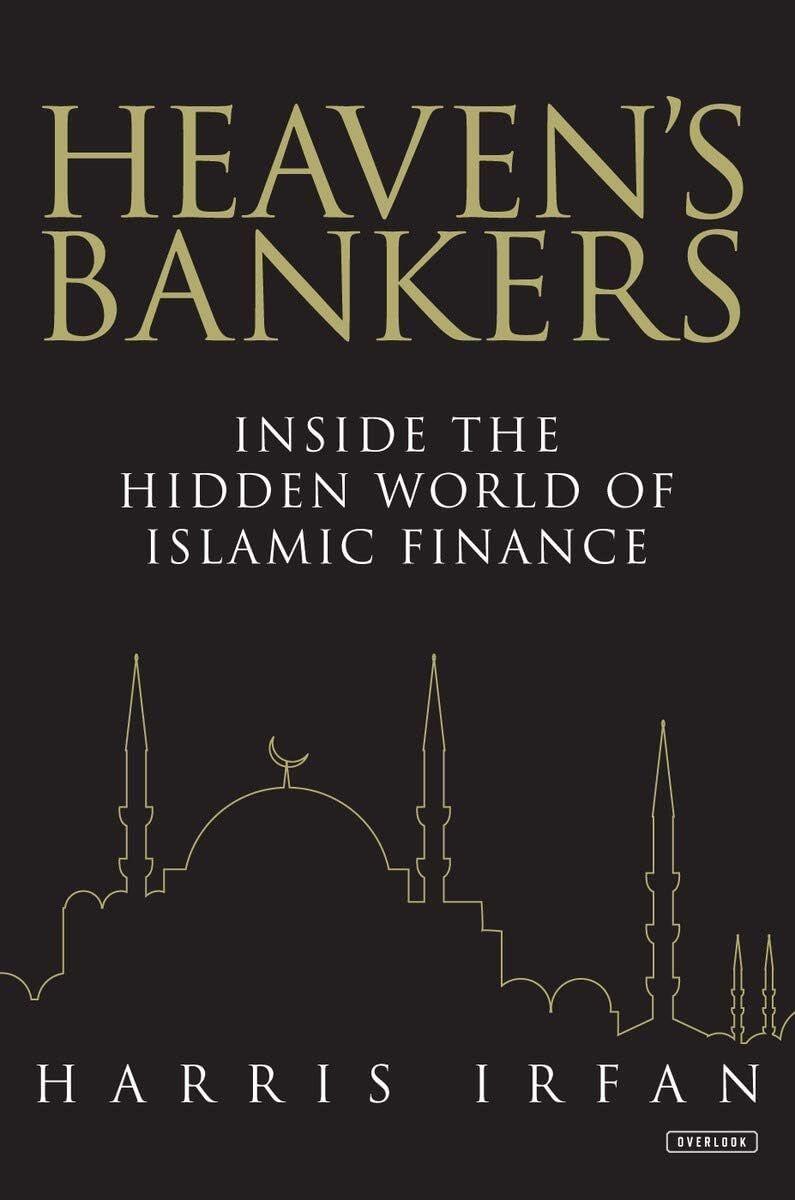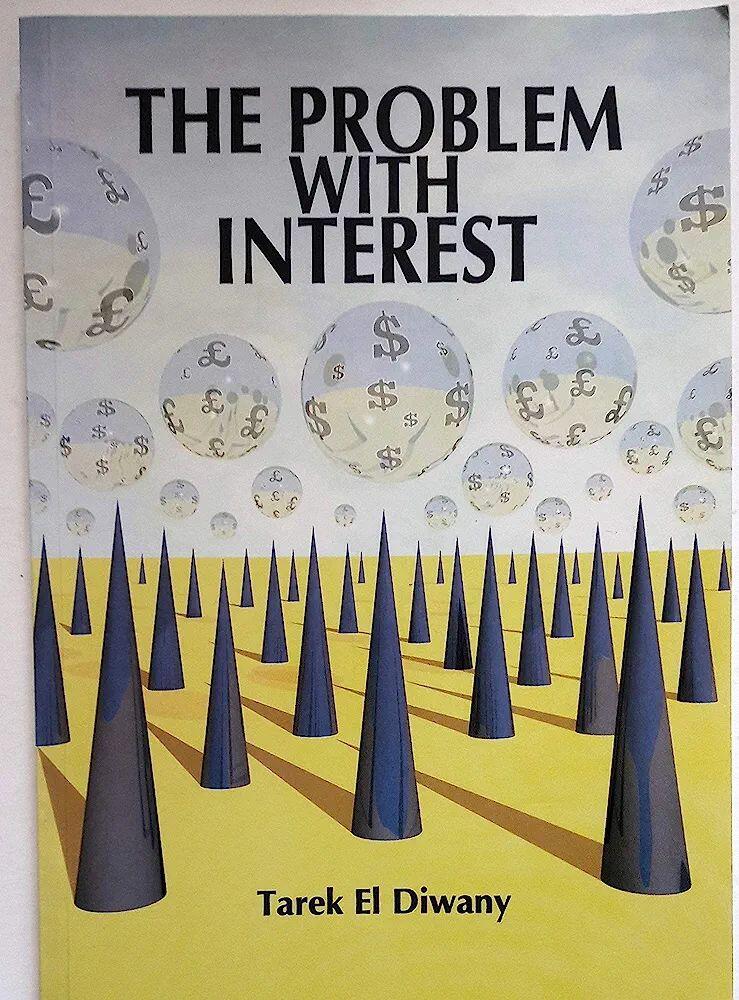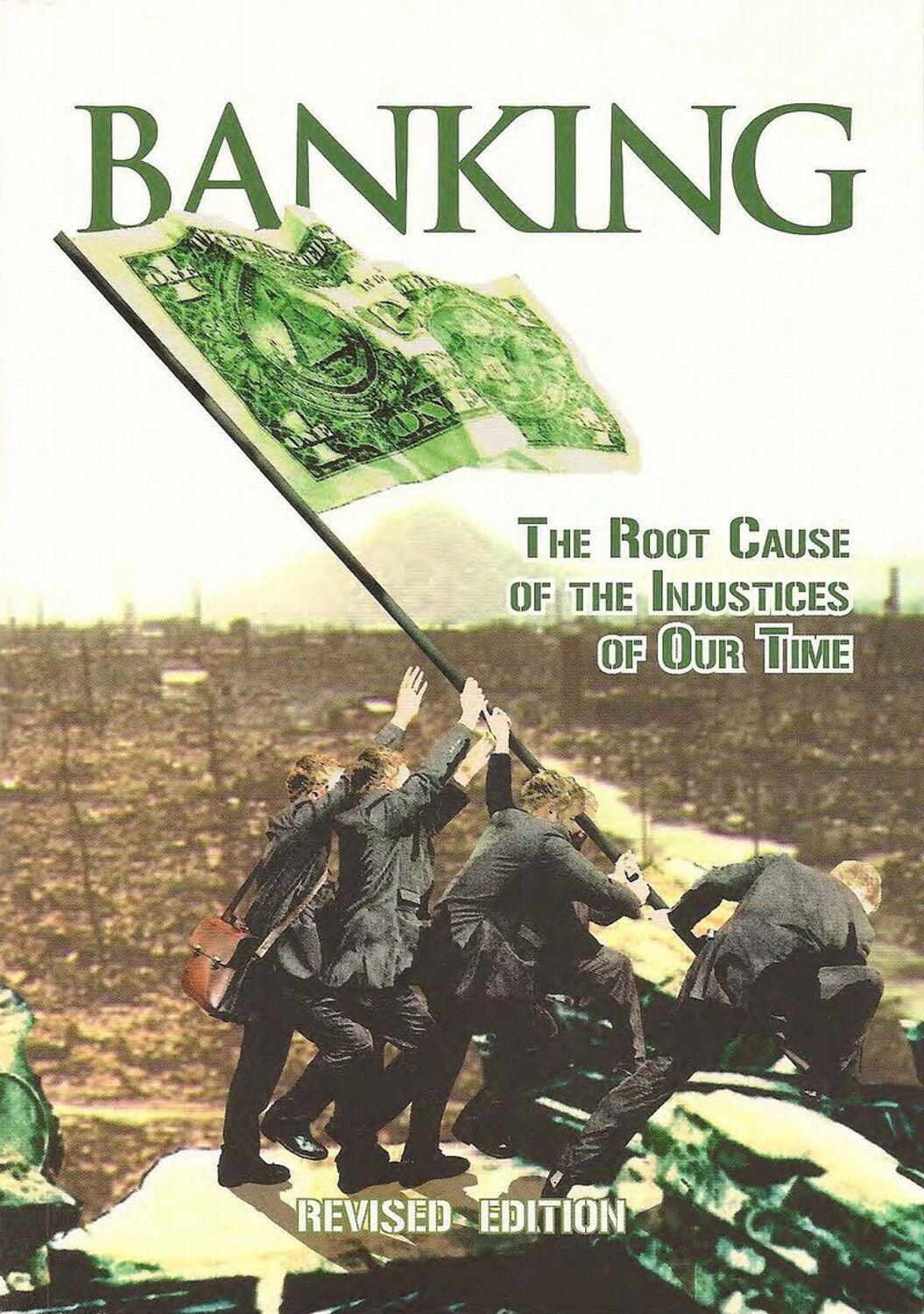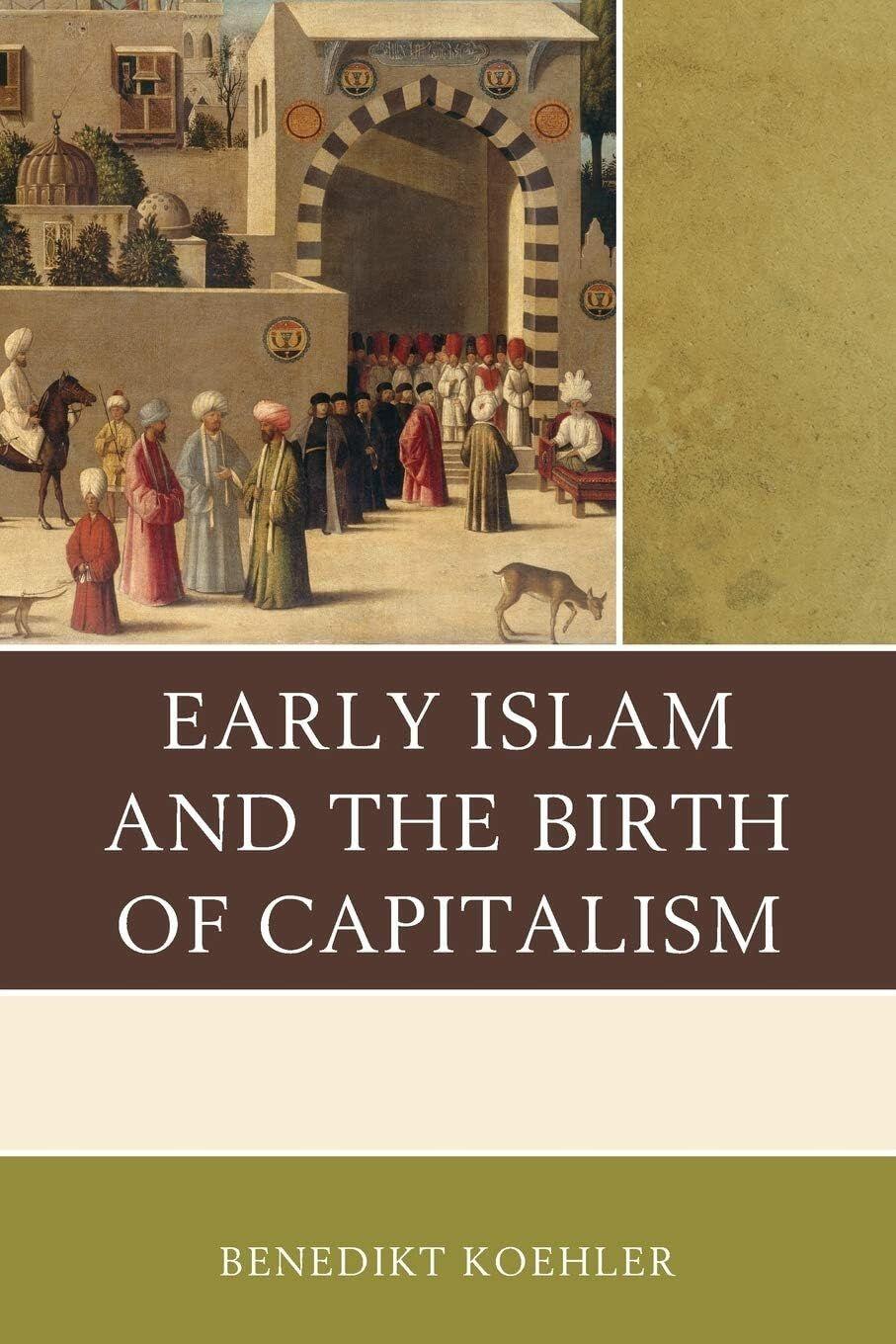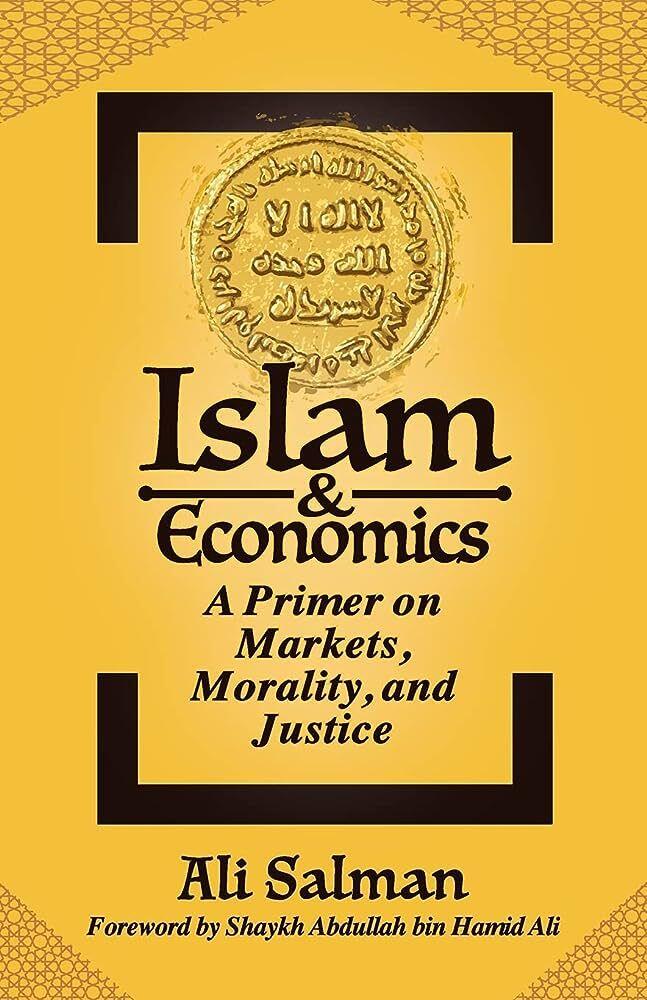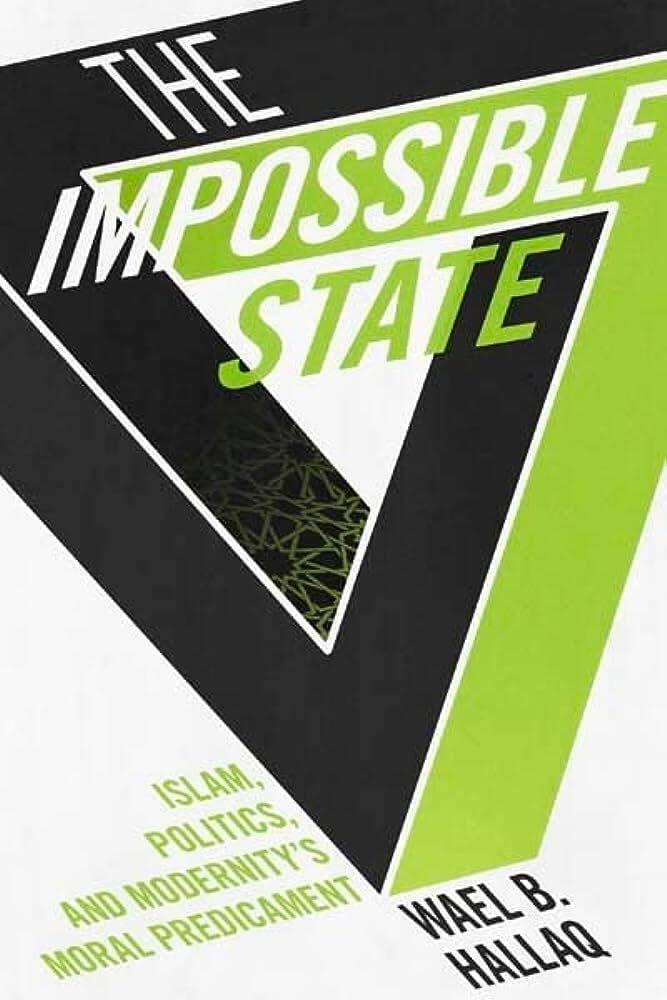Event JSON
{
"id": "bee3bac91fe1bbe6ac0c83e4e193680b7890f6320f0a86914077d9a3b6189808",
"pubkey": "e0921d610ee655396cfac6c9907b6ad11f3a1dde5770029e1284e6cae0fe7bd5",
"created_at": 1725168996,
"kind": 1,
"tags": [
[
"r",
"https://image.nostr.build/aba2e9a5ee452f3022c578907fca42b718362b3bf07a64c36077848d665a47c5.jpg"
],
[
"r",
"https://image.nostr.build/a230fd83db4ac517702728fc088a685a76c1bcd4d9a19088bc563754b87d8eae.jpg"
],
[
"r",
"https://image.nostr.build/606ae54f3da1b97fc7513d1aa3c61d55e364c5ebc9d53d1d4560275fbedbeb56.jpg"
],
[
"r",
"https://image.nostr.build/6199d2b8063b9a3f36c8919212854cd4c8bb1ddb6611c0d9c3aab49d6df209c9.jpg"
],
[
"r",
"https://image.nostr.build/3a239e2838b894d581a60f2d8224479541413eda1b3db4006c6f3019c7681be5.jpg"
],
[
"r",
"https://image.nostr.build/3b263149db18b783285f3d896187698bd12043e461c3dcc6f74855c253965ebb.jpg"
],
[
"r",
"https://image.nostr.build/8c707249a7c349027b914f277a4ea26b2c07da439e823f92ed494f53ec7fe784.jpg"
],
[
"imeta",
"url https://image.nostr.build/aba2e9a5ee452f3022c578907fca42b718362b3bf07a64c36077848d665a47c5.jpg",
"m image/jpeg",
"alt Verifiable file url",
"x a0a0bc1d2ae0a4200fbd6de91e21c0c81bee984b6cfcdd4857aab99b00d90dd9",
"size 57181",
"dim 795x1200",
"blurhash ^371Zaj?E1ayM|fP~Tt6IoofRkj[xUWB%Mayofoe4.j[xuj[ofayE7ayaxWCWBayIwWCRifRf5WC9Ij@axayt6az9Gayxuj[t7j[D%ayt7oeoef7",
"ox aba2e9a5ee452f3022c578907fca42b718362b3bf07a64c36077848d665a47c5"
],
[
"imeta",
"url https://image.nostr.build/a230fd83db4ac517702728fc088a685a76c1bcd4d9a19088bc563754b87d8eae.jpg",
"m image/jpeg",
"alt Verifiable file url",
"x 9fdc1771ad9072abb3eb9107e0bd369af7627c20732f9bf22d817666808b2f7b",
"size 147898",
"dim 739x1000",
"blurhash _SKd#YIBohogogs;%LOeROt2jsV?axM|MvWXj]j[a#j@oeD%j]a}j[ofayoe%fayWBa|j[jtRlt8WBWBj@j]jst5RioLk9bHoLWVWEofj@WBazayj[ocxuWBj=kBWBj]WB",
"ox a230fd83db4ac517702728fc088a685a76c1bcd4d9a19088bc563754b87d8eae"
],
[
"imeta",
"url https://image.nostr.build/606ae54f3da1b97fc7513d1aa3c61d55e364c5ebc9d53d1d4560275fbedbeb56.jpg",
"m image/jpeg",
"alt Verifiable file url",
"x fc9a50921b253a42c90efa45be0881558156c7b4ca3c2d9e33d87c8d45f7fdcb",
"size 284038",
"dim 1055x1500",
"blurhash ^xM7obn$%2t7WCWV~qRjoNogt6oLtRa{bEWBa#azMyjuRif5j[oft7t7RjRjafWB%MofofWVaxaxtRWXoMoLWBWCaeWBofofayj[M|j?f7j]jtj]",
"ox 606ae54f3da1b97fc7513d1aa3c61d55e364c5ebc9d53d1d4560275fbedbeb56"
],
[
"imeta",
"url https://image.nostr.build/6199d2b8063b9a3f36c8919212854cd4c8bb1ddb6611c0d9c3aab49d6df209c9.jpg",
"m image/jpeg",
"alt Verifiable file url",
"x 2ddcf3efbd652d0746153e8ed90eff67541946fd3d110f7052fa736ddf976246",
"size 140845",
"dim 907x1360",
"blurhash ^XIqlRRmjqj]WBaxDiRlt5a#a#ay%KWCofWCWXjtW[j?WBWCWBj[D%ofRkWVoLj[~Vofazj[s:j@D%f7ayj[j@ayozbFj?fPayazxuj[ayayj[jt",
"ox 6199d2b8063b9a3f36c8919212854cd4c8bb1ddb6611c0d9c3aab49d6df209c9"
],
[
"imeta",
"url https://image.nostr.build/3a239e2838b894d581a60f2d8224479541413eda1b3db4006c6f3019c7681be5.jpg",
"m image/jpeg",
"alt Verifiable file url",
"x e45978e75621d9c59c11a145afc6f6318fdbf003a543439a0dd3878324117b3f",
"size 91921",
"dim 647x1000",
"blurhash ^IPr7sj[}joJxZoLR-fQjtazoJj@IVj@I]azs.a|M}fQR+j@xZaz$%azWEfQRla|M}azt6j@s,f7^fazIrfjI@az-RfQs.azNIj@s.j@NKazocj@",
"ox 3a239e2838b894d581a60f2d8224479541413eda1b3db4006c6f3019c7681be5"
],
[
"imeta",
"url https://image.nostr.build/3b263149db18b783285f3d896187698bd12043e461c3dcc6f74855c253965ebb.jpg",
"m image/jpeg",
"alt Verifiable file url",
"x 56dd3622e4045a9f9bc1427be5ba848024ad613ef71db8afc694742f59a58fac",
"size 63382",
"dim 667x1000",
"blurhash ^PKU+IrP?bMz-qNF00Mz9FnoX2V{~qx=VzR$IUjJDk%3~po[IWkQDlWAbVt8x@t7ICt7ofRjj]WBV}%LodofxtRjWA%Lt8j]t7xun-%Mt6WBM{Rj",
"ox 3b263149db18b783285f3d896187698bd12043e461c3dcc6f74855c253965ebb"
],
[
"imeta",
"url https://image.nostr.build/8c707249a7c349027b914f277a4ea26b2c07da439e823f92ed494f53ec7fe784.jpg",
"m image/jpeg",
"alt Verifiable file url",
"x b9db784c82deac84d113d9fc605e47f7d1e3428c84e4545f7374b6e5e31e740c",
"size 124437",
"dim 832x1280",
"blurhash ^VF#],xuO?ofaKRj~Cj[TJofjFayMdWBJ7j[xat7MxRjS2ayofofkXWBn$oft7ofXSofnPt7ozofJ7j[xFayWVfQTJj[wJWBR*WBXRayniofWBWB",
"ox 8c707249a7c349027b914f277a4ea26b2c07da439e823f92ed494f53ec7fe784"
]
],
"content": "If you're Muslim and into Bitcoin and are looking to continue down the Islamic version of the Bitcoin rabbit hole, I highly recommend reading these 7 books. \n👇\n\n1. Heaven's Bankers: Inside the Hidden World of Islamic Finance by Harris Irfan \n\nhttps://image.nostr.build/aba2e9a5ee452f3022c578907fca42b718362b3bf07a64c36077848d665a47c5.jpg\n\nThis books goes over some of the challenges that Islamic finance institutions go through to comply with shariah, and the author gives examples from his personal experience. One of my favorite books!\n\n2. The Problem with Interest by Tarek El Diwany\n\nhttps://image.nostr.build/a230fd83db4ac517702728fc088a685a76c1bcd4d9a19088bc563754b87d8eae.jpg\n\nThis one goes over the effects of having an interest based monetary system on society. It also has a nice summary of the history of how we transitioned from a gold based money to fiat money. Also talks about Islamic economics.\n\n3. Banking: the root cause of the injustices of our time by Abdassamad Clarke and others\n\nhttps://image.nostr.build/606ae54f3da1b97fc7513d1aa3c61d55e364c5ebc9d53d1d4560275fbedbeb56.jpg\n\nThis book is really about usury, and it highlights its destructive aspects. The chapter on the history of usury legalization is fascinating, and there's a great chapter about its environmental impacts.\n\n4. Early Islam and the Birth of Capitalism by Benedikt Koehler\n\nhttps://image.nostr.build/6199d2b8063b9a3f36c8919212854cd4c8bb1ddb6611c0d9c3aab49d6df209c9.jpg\n\nThe author makes the case for free market capitalism having its roots in early Islam in Arabia, and how that model of capitalism was adopted in Europe. \n\n5. Islam and Economics: a primer on Markets, Morality, and Justice by Ali Salman\n\nhttps://image.nostr.build/3a239e2838b894d581a60f2d8224479541413eda1b3db4006c6f3019c7681be5.jpg\n\nGreat summary of core concepts of Islamic economics. Subjects include private property, wealth creation, price fixing, trade, market regulations, money and banking, Riba, and zakat.\n\n6. The Impossible State: Islam, Politics, and Modernity's Moral Predicament by Wael Hallaq\n\nhttps://image.nostr.build/3b263149db18b783285f3d896187698bd12043e461c3dcc6f74855c253965ebb.jpg\n\nHallaq criticizes the institution of the modern nation state, and he argues that the nation state suffers from legal, political, and moral issues that make it incompatible with Islam.\n\n7. Return of the Caliphate by Shaykh Abdalqadir As-Sufi\n\nhttps://image.nostr.build/8c707249a7c349027b914f277a4ea26b2c07da439e823f92ed494f53ec7fe784.jpg\n\nThis book makes the case that the fall and decline of the Ottoman Empire was due to funding through usurious debt and the adoption of fiat paper money and secular governance.",
"sig": "25ea45601fe2d96781d75a916950adef0f86904f15744f6a03aa7313b7b69633fb78735cb155e5e543ab699c158068f1738c61cb3773ed569f7fdce62da29577"
}
